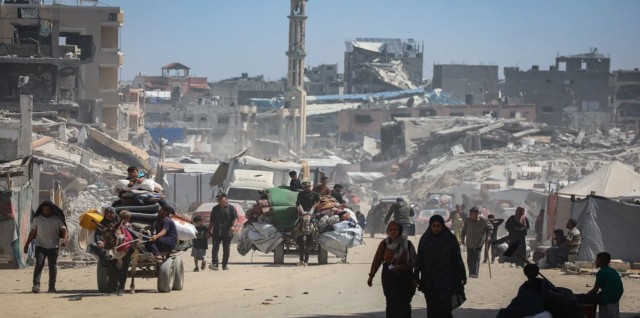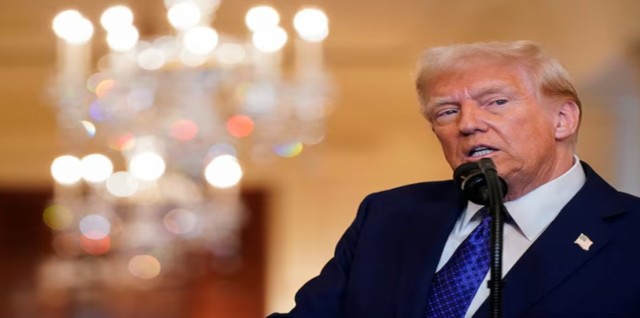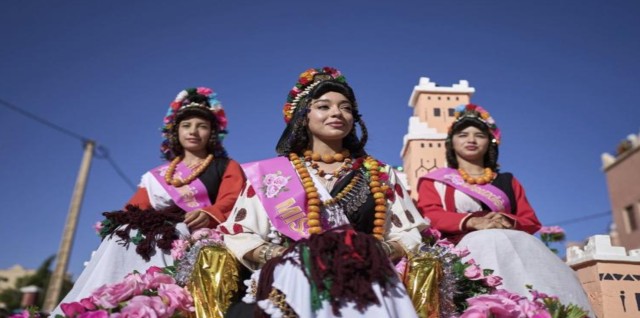
Students are calling for justice for those who were killed or detained. Getty Images
In the wake of intense student protests in Bangladesh last month, at least 32 children have lost their lives, according to a report from UNICEF. The youngest of these victims was under five years old. The majority of the children who died were innocent bystanders caught in the turmoil. The protests, initially sparked by disagreements over job quotas in the civil service, have claimed over 200 lives, based on data verified by source.
The government recently scaled back the quota system following a Supreme Court ruling, yet student demonstrations continue, now focused on seeking justice for those who have died, been injured, or detained. Although the size of the protests has decreased, the government's handling of the situation has sparked growing anger.
On a recent Friday, following prayers at Dhaka's largest mosque, a large crowd gathered and voiced their frustration, questioning why those responsible for the deaths were free while the victims were not given justice. According to reports, security forces responded with tear gas and rubber bullets, resulting in at least 20 more injuries.
UNICEF’s regional director for South Asia, Sanjay Wijesekera, highlighted the tragic loss of 32 children, noting that most were aged 13 or older, with a few younger victims. He stressed that protecting children is a universal responsibility.
Security forces are being blamed for using too much force against the protesters. BBC
In response, Bangladeshi Junior Information Minister Mohammad Ali Arafat denied the death toll reported by UNICEF, stating the government was unaware of where these figures came from. He assured that the government is committed to investigating and holding accountable those responsible for the deaths.
Accusations of excessive force by security forces have emerged, with reports indicating that many of the victims suffered gunshot wounds. The government, however, claims that political opponents are to blame for the unrest and has banned the main Islamist party, Jamaat-e-Islami, and its student wing. Law Minister Anisul Huq alleged that these groups were involved in violence and property destruction.
The government's decision to detain student leaders for a week was defended as a measure for their safety. However, their recent release has not quelled public outrage. The detained students released a statement condemning their treatment, which they described as harassment and torture, and urged continued protests.
In total, nearly 10,000 people have been detained since the crackdown began. Arafat defended the government's actions, stating that detaining the student leaders was necessary to ensure their protection from potential threats.















